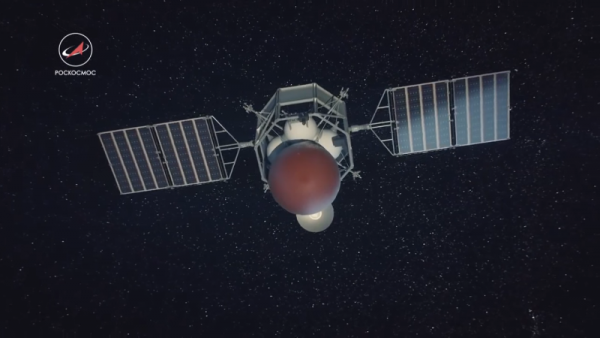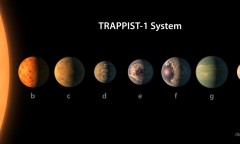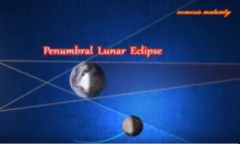By KM Diaz, | March 19, 2017

The Venera-D spacecraft is set to be launched in 2025. (YouTube)
Scientists from the United States and Russia are collaborating for a special mission to study the so-called Earth's twin, Venus. The Venera-D spacecraft will be launched in 2025 to explore the surface of Venus.
Venus has been the subject of mystery and scientific intrigue for many years. However, Mars is a more popular target for planetary exploration since it has an environmental condition that can support life. Venus, on the other hand, is called "Earth's twin," because it is the nearest planet to Earth.
Like Us on Facebook
The Venera-D spacecraft is now being developed. The spacecraft would map the surface of Venus. It would make use of more powerful radar imaging techniques compared to the past two missions in the 1980s, in which, the US and Russia sent a spacecraft to map the surface of Venus.
The space mission also includes a robotic lander to see if it can resist the searing, high-pressure conditions on Venus. The Venera 13 lander in 1982 is the current title-holder; it lasted for almost 127 minutes before it evaporated due to the surface condition on Venus.
Another interesting thing about the mission is the solar-powered, dirigible-borne robot. It will hover in the upper atmosphere of Venus for three months to probe the planet's surface below, the weather, and atmospheric composition.
Venus' atmosphere mostly comprised of carbon dioxide; this is a greenhouse gas that generates solar energy to warm the planet for about 462 degrees Celsius during the day and night. Also, the atmospheric pressure is 90 times than of Earth.
A single Venusian day lasts for 243 Earth days, and the rotation of the planet is backward. Its global shroud of a cloud is formed by sulfuric acid that can produce acidic rain which will dissolve before touching the ground. There is also evidence of volcanic activity on the planet in the past and even now.
-
Use of Coronavirus Pandemic Drones Raises Privacy Concerns: Drones Spread Fear, Local Officials Say

-
Coronavirus Hampers The Delivery Of Lockheed Martin F-35 Stealth Fighters For 2020

-
Instagram Speeds Up Plans to Add Account Memorialization Feature Due to COVID-19 Deaths

-
NASA: Perseverance Plans to Bring 'Mars Rock' to Earth in 2031

-
600 Dead And 3,000 In The Hospital as Iranians Believed Drinking High-Concentrations of Alcohol Can Cure The Coronavirus

-
600 Dead And 3,000 In The Hospital as Iranians Believed Drinking High-Concentrations of Alcohol Can Cure The Coronavirus

-
COVID-19: Doctors, Nurses Use Virtual Reality to Learn New Skills in Treating Coronavirus Patients











